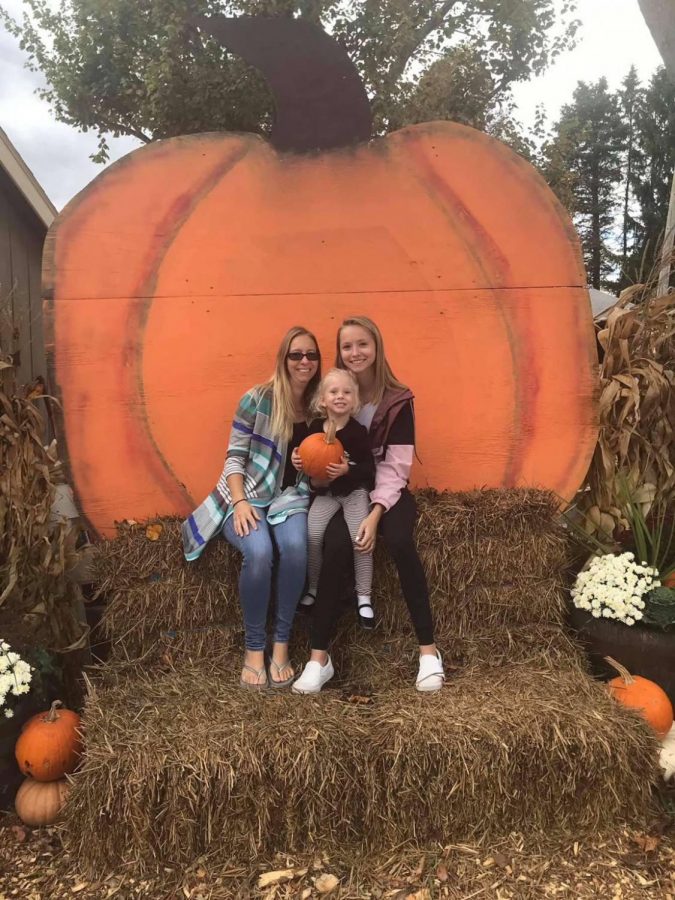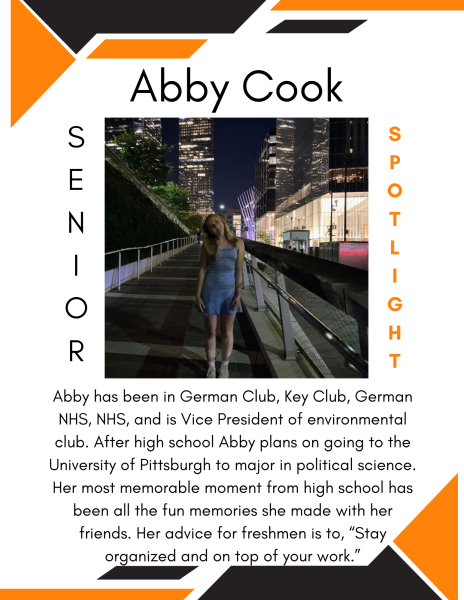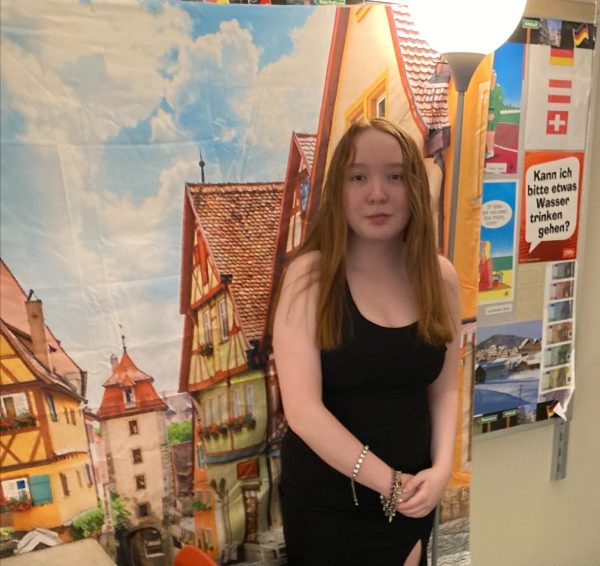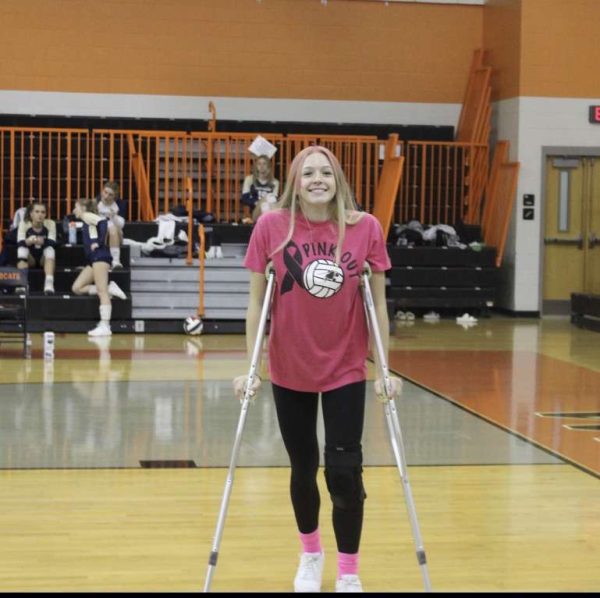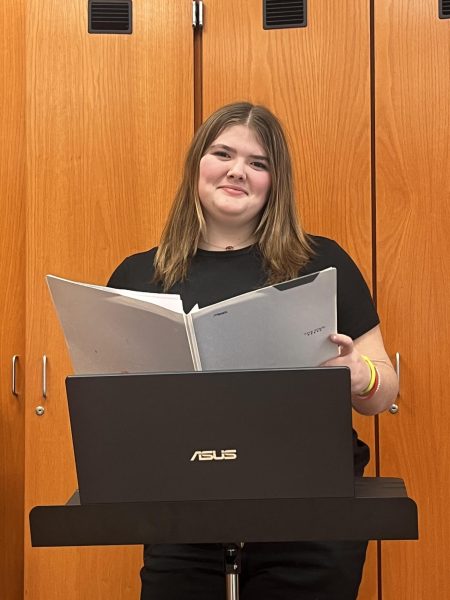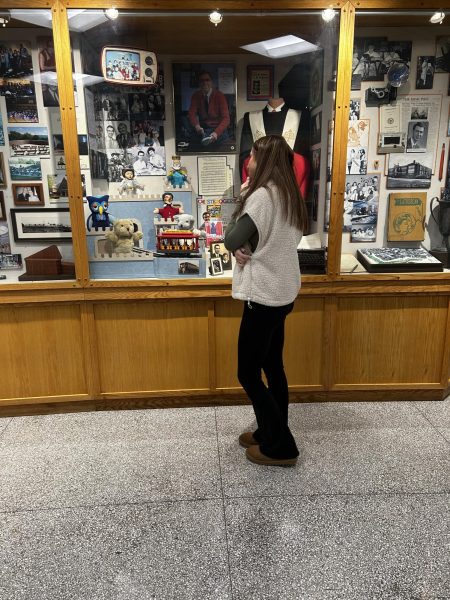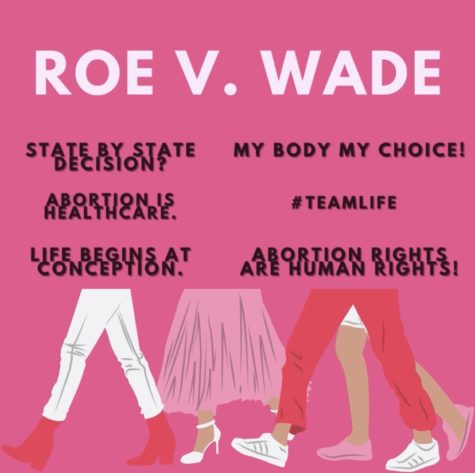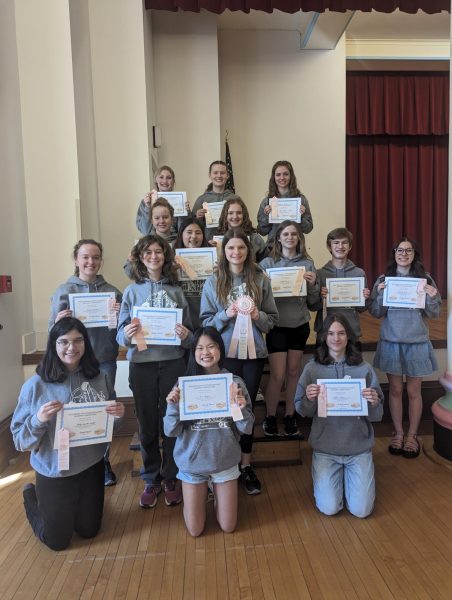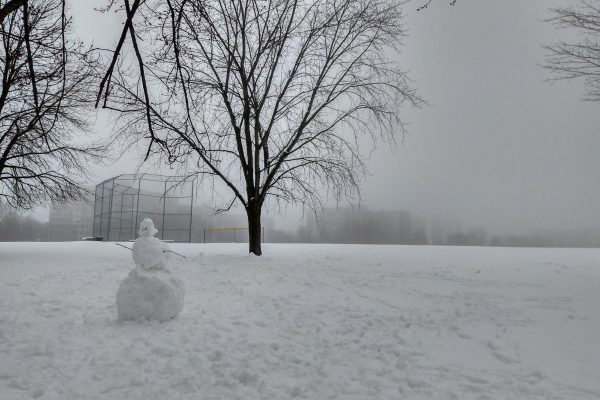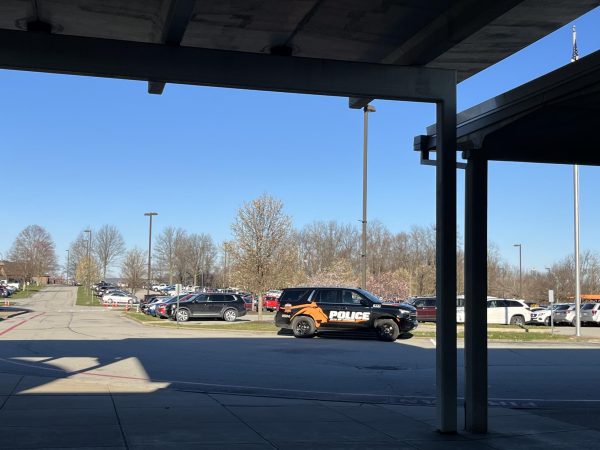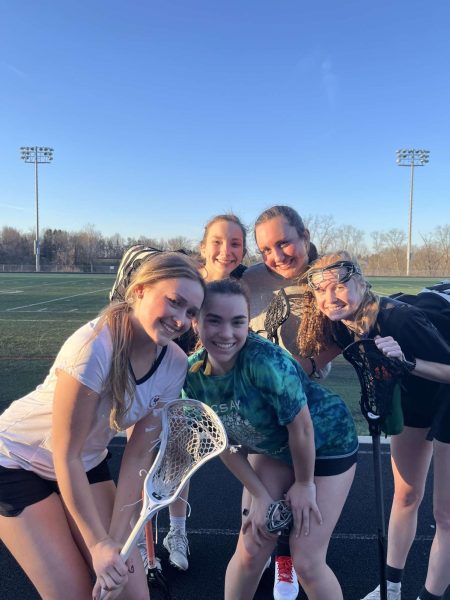Daisy Wishard: Growing up With Deaf Parents
Hollie Culley, Daisy Wishard, and Chloe Culley smile cheerfully as they sit on a haybale in front of a large pumpkin cut out.
Daisy Wishard witnesses the struggles of her parents’ communication barrier with the world. She helps with many complicated situations such as family members and appointments. Just like Daisy’s family, she wants to help others in life due to her situation.
Daisy’s father was born deaf and her mother became deaf as she grew older. Her mother had the choice of a Cochlear implant, but she decided to not receive it as she already accepted that she would never hear and was okay with that.
Both of her parents attended Western Pennsylvania School for the Deaf to learn sign language throughout life.
Daisy quickly learned sign language. She said, “When I was born, my family taught me sign language starting at nine months old. My family always told me that I picked up on it very quickly as I continued to learn more each day.”
As Daisy grew older she was the designated translator for her parents in public. She would do the signing to them whenever they couldn’t read the lips of what someone was saying. Whether they were at a restaurant, store, or other places, she was there to help them communicate with people and she will always help them to this day.
Daisy’s parents have a hard time with the communication barrier between family. Not everyone in their family, such as Daisy’s cousins, aunts, uncles, and grandparents know sign language. Most just know simple words that they can sign.
During family gatherings and parties, Daisy’s mother can’t listen in on everyone’s conversation and chime in. Her mother can read lips reasonably well, but not the best, so most of the time she can only talk to one family member at a time because she must focus on their lips to understand what they are trying to tell her.
Because she knows how hard it is for her mother, Daisy can sometimes feel dejected knowing her mom feels left out when talking to her own family. Her family is considerate and has tried to learn more sign language, but it takes time to learn something new and when it’s not spoken or practiced every day, it becomes forgotten over time. Anytime Daisy and her parents are with family, she does her best to keep tabs on her mom and to help translate words whenever she sees her struggling.
Another big challenge in Daisy’s experience is when businesses deny her parents an interpreter. While Daisy’s mother makes appointments at doctor’s offices, dentists, and many other places, she requests for an interpreter at the appointment to keep the important information organized. Sometimes, an interpreter is not present because it wasn’t prioritized or it was denied by insurance to get an interpreter. According to Daisy, it is very frustrating for them, as they must come back another day.
Going to the ER or large hospitals is an even harder experience. Large hospitals offer an interpreter on a big computer screen for deaf people to communicate through, but it is not the same as an in-person interpreter. The Wishards usually try to work to get an in-person interpreter, but the nurses and doctors do not provide what they need and instead become irritated. They act as if Daisy and her parents are not important enough, according to Daisy.
This has been the case for years and Daisy believes that every business and company needs to be able to give deaf people the option for an interpreter in order to communicate smoothly.
ASL and English grammar are very different. Subjects and verbs are placed differently in sentences. For example, in English writing someone would normally say, “Do you need a bag?” In ASL someone would use hand signals to say, “Bag, you need?” In long sentences, it would be difficult for deaf people to understand what the hearing person is trying to say. Seeing these issues in person has always been hard for Daisy. She truly feels for the deaf community’s needs and wants a change.
Daisy’s goal in life is to bring attention to the struggles the deaf community faces every day and to help bridge the communication. She strives to become a freelance interpreter where she can travel to doctor appointments and vacation hot spots to see her clients. Daisy hopes to get accepted to Mount Aloysius College in Cresson, Pennsylvania where they have a four-year ASL program to earn her bachelor’s degree to become an interpreter.
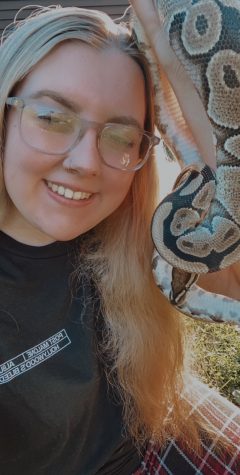
Gina Hoburn is ecstatic to be on the Multimedia and Journalism team for the first time this year. This is her last year of school and she took the opportunity...


